Unearthing the Past: Must-Visit Historical Sites in Fukuoka
On Japan’s northern Kyushu island, Fukuoka is a city where ancient history intertwines with modernity, offering a captivating journey through time. Known for its vibrant culture and significant historical landmarks, Fukuoka stands as a testament to the rich tapestry of Japan’s past. In this article, we will explore nine historical sites that should be on every traveler’s itinerary. These sites not only offer a glimpse into Fukuoka’s storied past but also provide a deeper understanding of Japan’s cultural heritage.
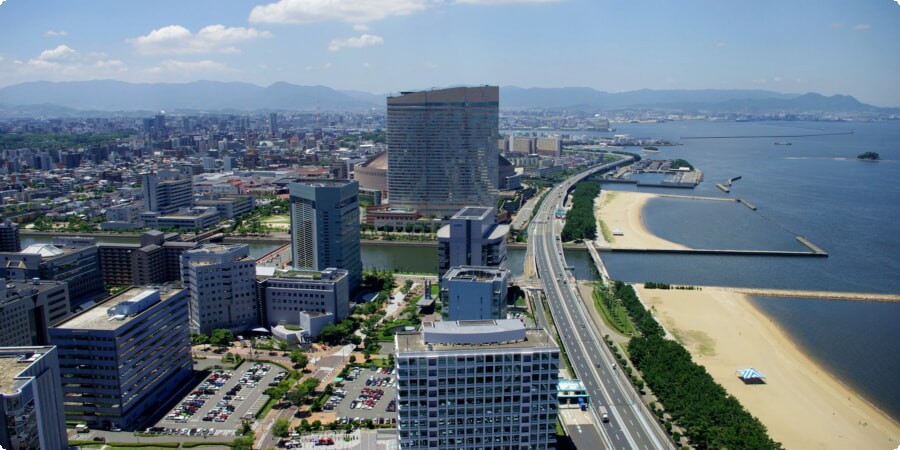
Fukuoka Castle Ruins (Maizuru Park)
Perched within Maizuru Park, the Fukuoka Castle Ruins tell tales of a bygone era when the castle served as the seat of power for the Kuroda clan. Constructed in the early Edo period (1603-1868), this once-grand fortress was strategically significant in safeguarding the region. Although much of the original castle has not survived the ravages of time, the remaining stone walls and foundation offer a glimpse into its former glory.
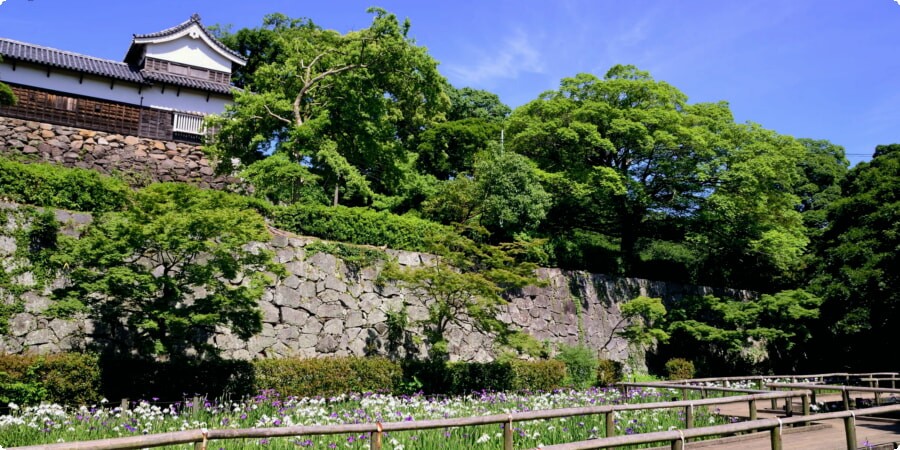
Visitors can stroll through the expansive park, which is particularly breathtaking during cherry blossom season. The park’s layout still reflects the original castle grounds, complete with towering stone walls and the remnants of the once-majestic turrets. A walk through Maizuru Park offers not only a serene escape but also an educational journey into Fukuoka’s feudal past.
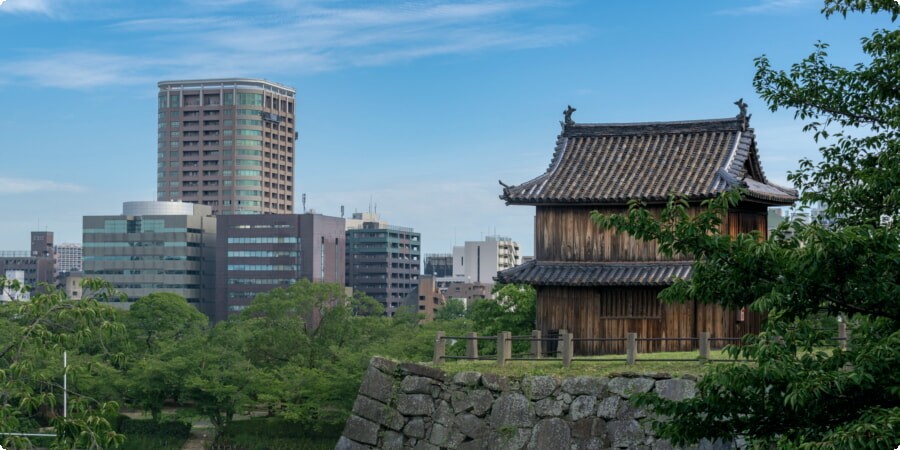
Learn More:
Kushida Shrine
Stepping into Kushida Shrine is like stepping back in time. Established in 757 AD, this venerable shrine is dedicated to the deity Amaterasu and the protector of Fukuoka, Kushida. It’s a pivotal site for the Hakata Gion Yamakasa, a dynamic and centuries-old festival that takes place every July.
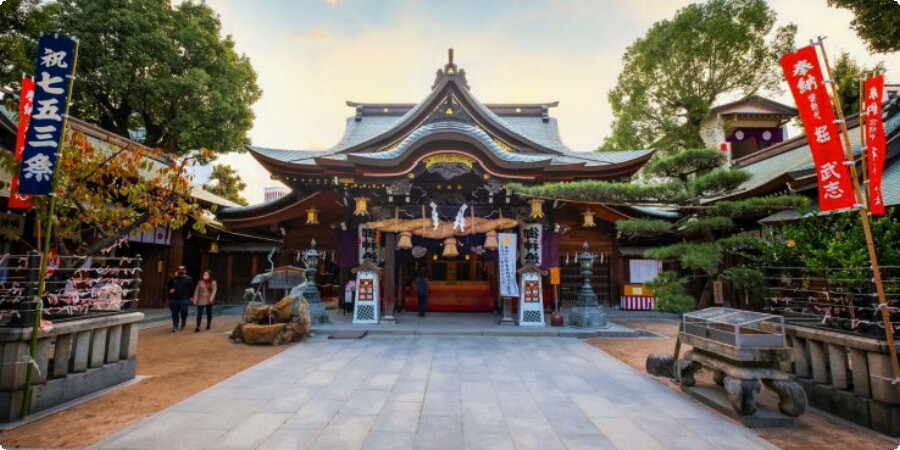
The shrine’s grounds feature intricate wooden carvings, ancient stone lanterns, and the iconic Tobi-ishi stepping stones. Visitors can witness various traditional ceremonies and, if lucky, catch a glimpse of the grand float displays that are central to the Yamakasa festival. The tranquil ambiance of the shrine makes it a perfect place for contemplation and appreciating Japan’s spiritual heritage.
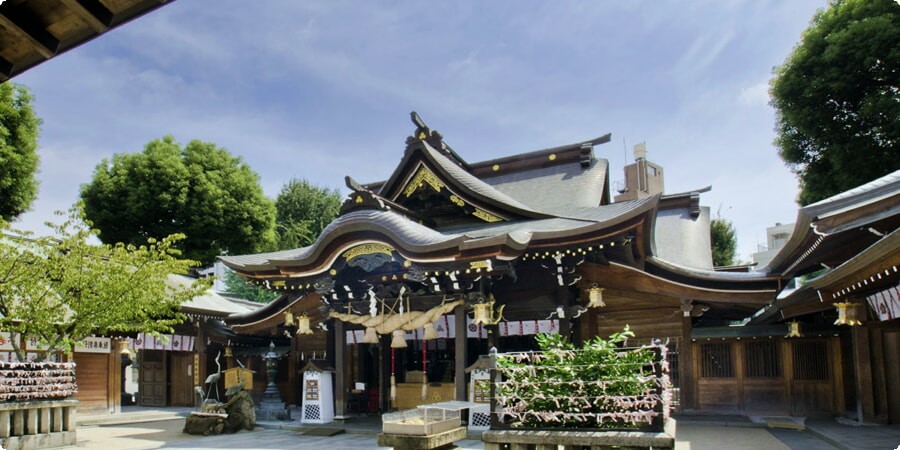
Learn More:
Shofuku-ji Temple
Shofuku-ji holds the distinction of being Japan’s first Zen temple, established in 1195 by the famed monk Eisai. It played a crucial role in the introduction and spread of Zen Buddhism throughout Japan. The temple is renowned for its tranquil gardens, designed to aid meditation and reflection.
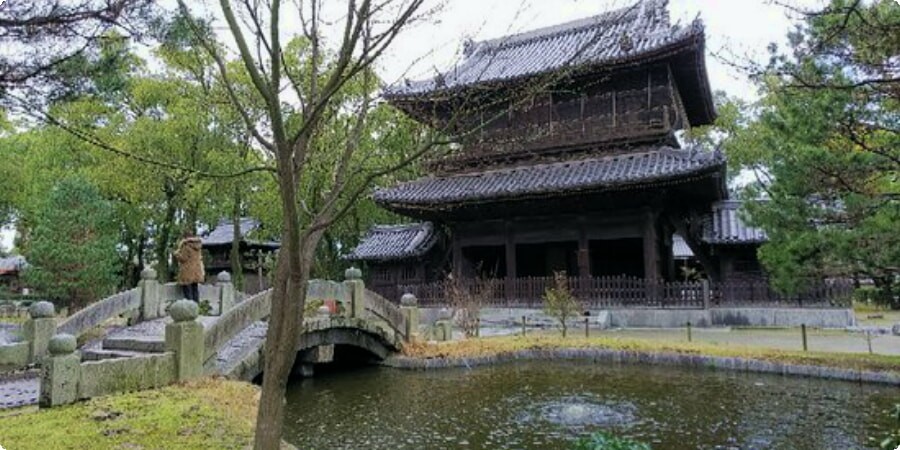
The temple’s architecture is a masterpiece of traditional Zen design, with a simple yet profound aesthetic. Visitors are often struck by the serene beauty of the landscaped gardens, which feature carefully arranged rocks, moss, and seasonal flowers. Shofuku-ji is a sanctuary of calm amidst the bustling city, offering a perfect retreat for those seeking peace and introspection.
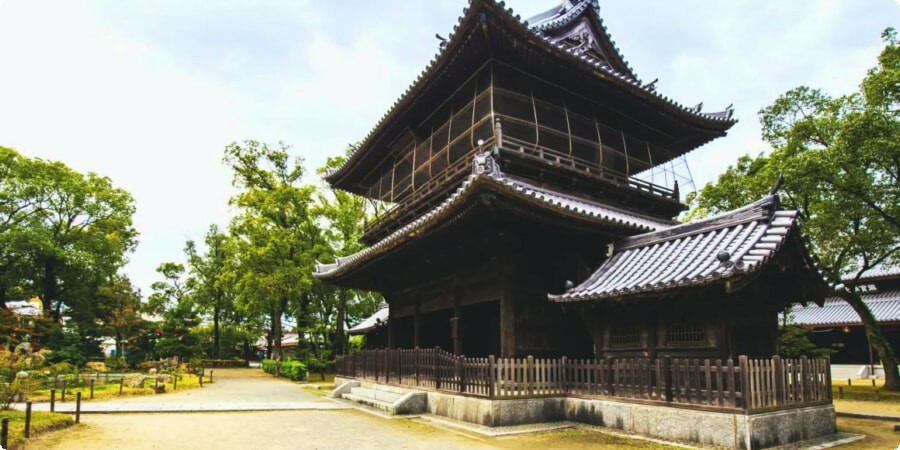
Learn More:
Hakata Machiya Folk Museum
For a dive into the everyday life of Fukuoka’s past residents, the Hakata Machiya Folk Museum offers an immersive experience. Housed in a traditional merchant house, the museum showcases a rich collection of artifacts, textiles, and crafts that illustrate the local way of life during the Meiji and Taisho periods.
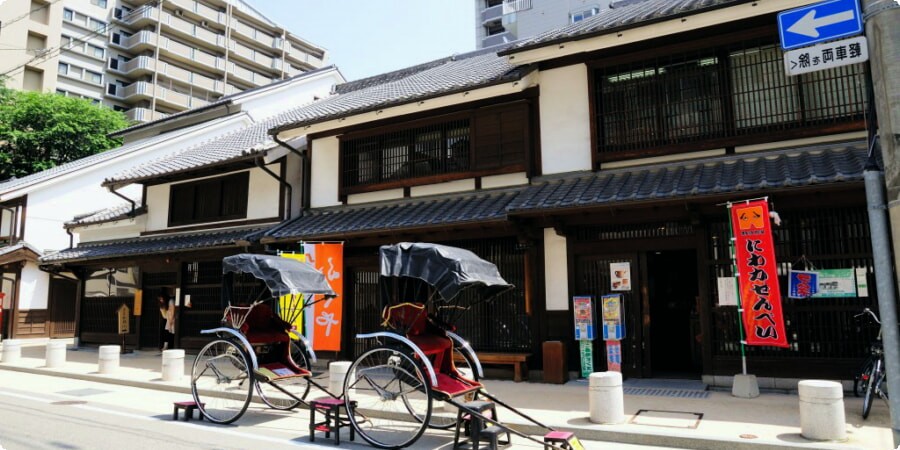
Visitors can explore reconstructed interiors of a typical Hakata town house, complete with original furnishings and tools. The museum also features live demonstrations of traditional crafts such as Hakata weaving and doll making. This hands-on approach not only educates visitors about the region’s cultural heritage but also provides a tactile connection to the past.
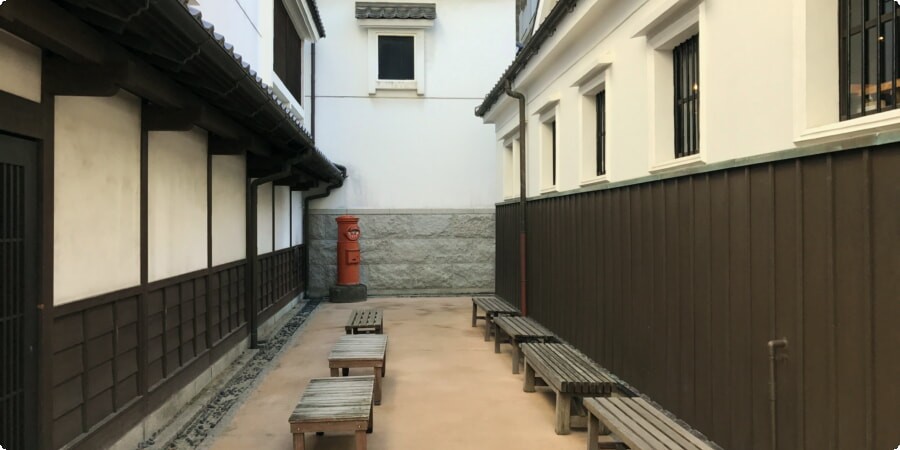
Learn More:
Tocho-ji Temple
Tocho-ji Temple, founded in 806 by the esteemed monk Kukai, is one of Fukuoka’s oldest and most revered religious sites. This temple is home to the largest wooden seated Buddha statue in Japan, standing at an impressive 10.8 meters. This Great Buddha is an awe-inspiring sight, embodying the profound spiritual significance of the temple.
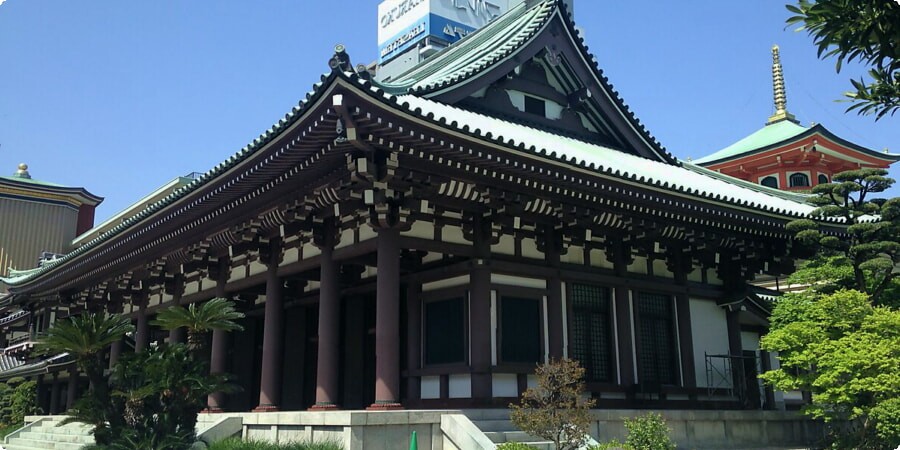
The temple grounds also feature a beautiful five-story pagoda and several other important cultural properties. The atmosphere here is deeply peaceful, making it a perfect place for contemplation and spiritual reflection. Visitors can also explore the temple’s unique “hell scroll” artwork, which depicts vivid scenes of Buddhist hells, offering a fascinating glimpse into religious beliefs.
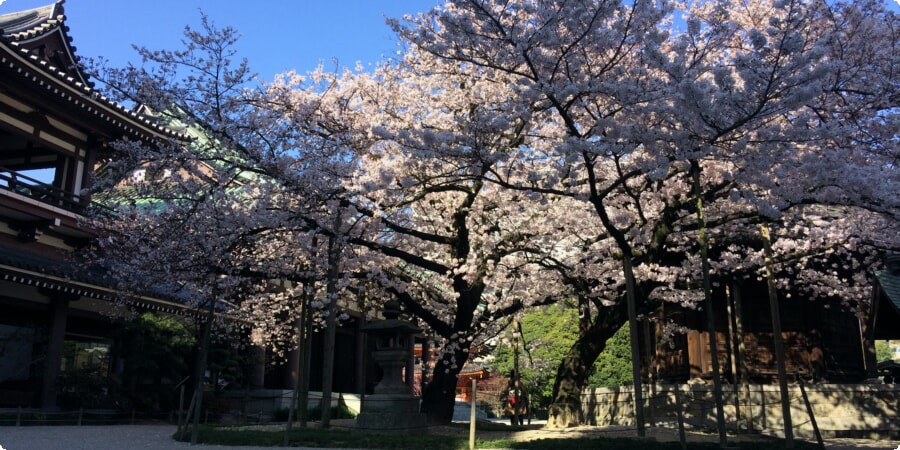
Learn More:
Dazaifu Tenmangu Shrine
Dazaifu Tenmangu Shrine is not just a historical site but a spiritual journey into Japan’s cultural heart. Dedicated to Sugawara no Michizane, a scholar and poet deified as Tenjin, the god of learning, the shrine is a pilgrimage destination for students and scholars seeking blessings for academic success.
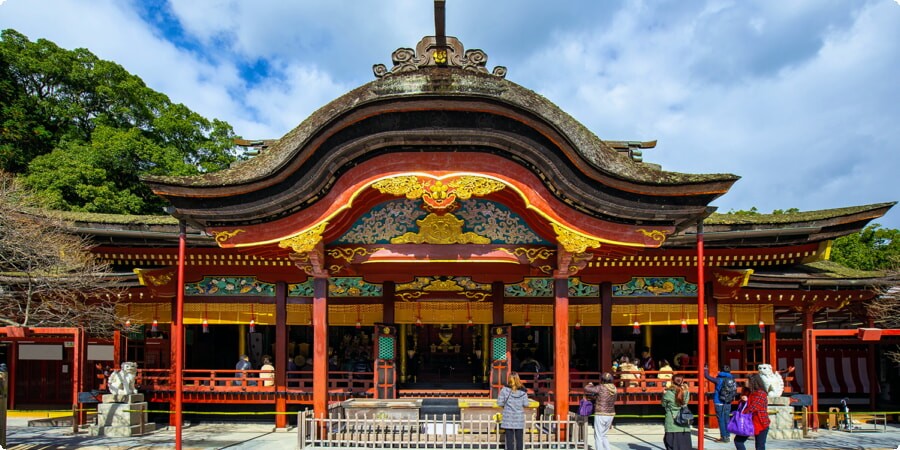
The shrine’s expansive grounds are adorned with over 6,000 plum trees, which bloom spectacularly in early spring. Visitors can explore the main hall, which dates back to 1591, and enjoy the serene surroundings. The shrine is also famous for its annual festivals, particularly the plum blossom festival and New Year’s celebrations, which attract thousands of visitors.
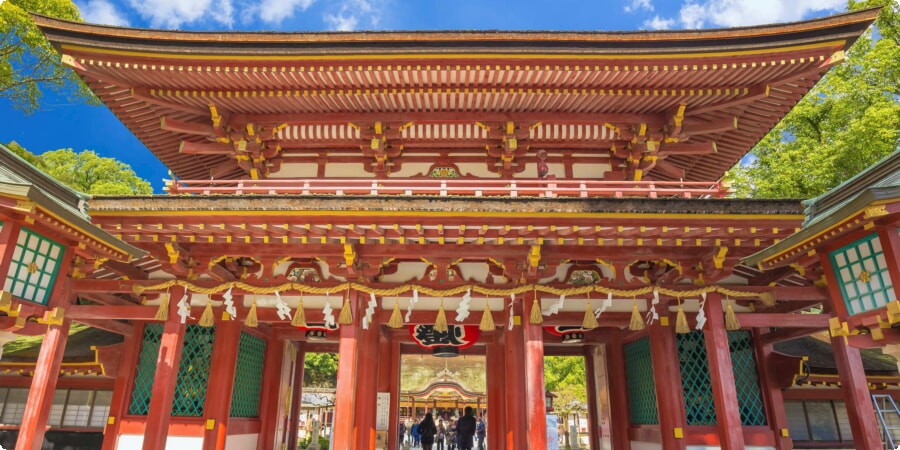
Learn More:
Fukuoka City Museum
For those keen on exploring the broader historical context of Fukuoka, the Fukuoka City Museum is a treasure trove of artifacts and exhibits. The museum houses the famed King of Na gold seal, an artifact of national significance that dates back to the first century. This and other exhibits provide a detailed overview of Fukuoka’s history from prehistoric times to the present day.

The museum’s collection includes archaeological finds, cultural artifacts, and exhibits on Fukuoka’s maritime history. The interactive displays and informative presentations make it a great destination for both adults and children. A visit to this museum offers a comprehensive understanding of Fukuoka’s development through the ages and the cultural influences that have shaped it.
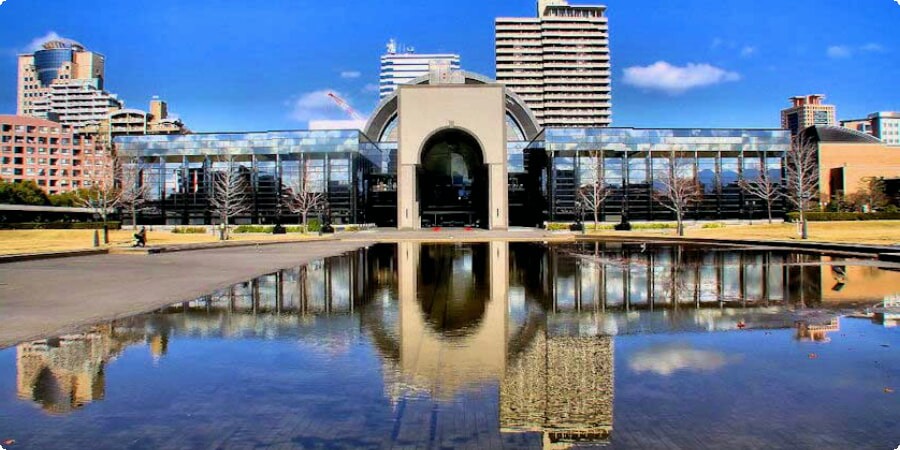
Learn More:
Discover with Local Guides
Exploring Fukuoka’s historical sites can be even more enriching with the guidance of local experts. They offer deeper insights into the stories and traditions that have shaped the city. Local guides often share personal anecdotes and lesser-known facts that bring these ancient sites to life in a way that solo exploration might miss.
For those interested in delving deeper into Fukuoka’s past, consider booking a sightseeing tour with a local guide through CityPlanet. Whether you’re exploring the ancient streets of Hakata or the serene grounds of Shofuku-ji, a local guide can enhance your understanding and appreciation of Fukuoka’s rich heritage.
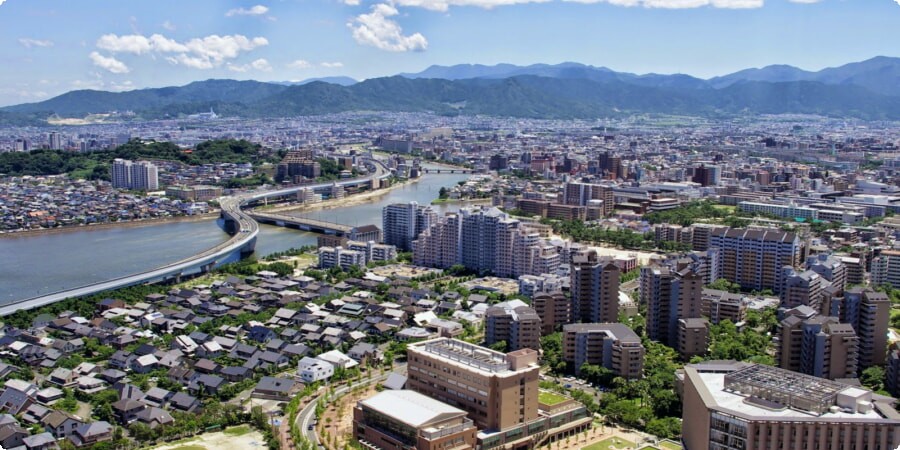
Culinary Exploration
No visit to Fukuoka is complete without indulging in its renowned culinary scene. The city’s rich history is reflected in its food, from traditional Hakata ramen to fresh seafood. To fully appreciate Fukuoka’s gastronomic offerings, consider booking a culinary tour through CityPlanet. These tours offer an excellent way to sample the local flavors and learn about the history behind each dish.
A culinary tour not only satisfies the taste buds but also provides a unique perspective on Fukuoka’s culture and history. You’ll discover the connections between the city’s food and its historical development, making for a truly immersive experience.
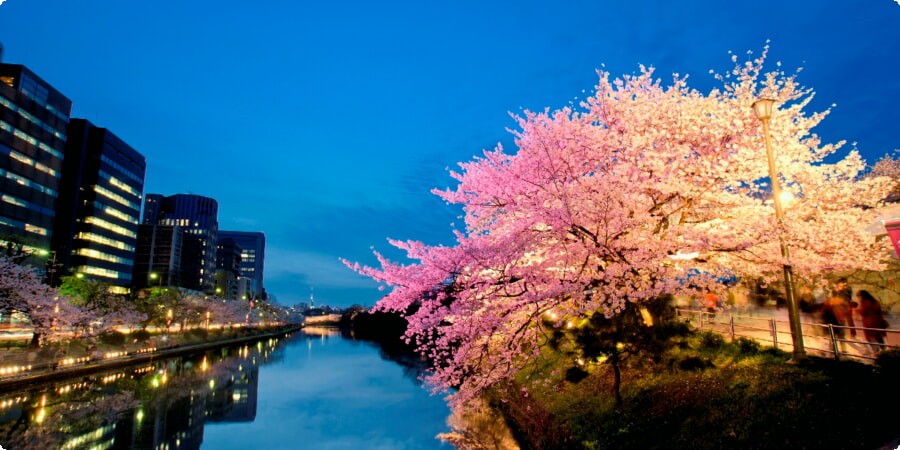
In Fukuoka, the past is always present, waiting to be discovered through its many historical sites. From the tranquil grounds of Tocho-ji Temple to the vibrant festivals at Kushida Shrine, each location offers a unique window into the city’s rich cultural heritage. Whether exploring with a local guide or savoring the flavors of Fukuoka’s past through its cuisine, there’s no shortage of ways to connect with this fascinating city’s history. So, pack your bags and set off on a journey to unearth the past in Fukuoka—where every stone, shrine, and temple has a story to tell.